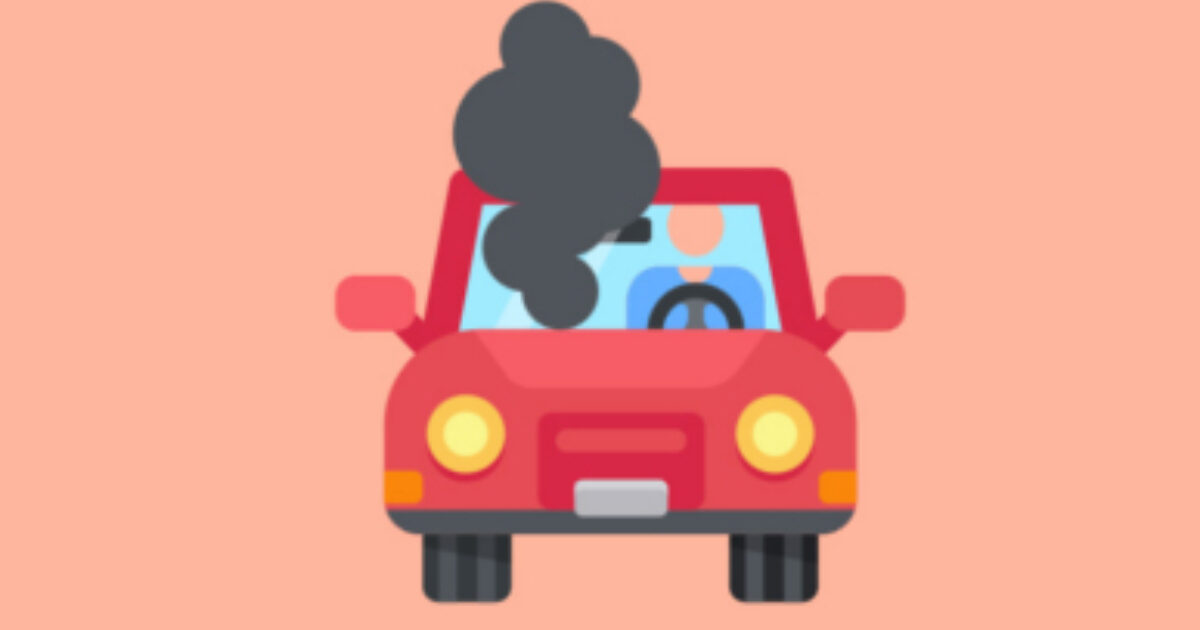
Many cars on the road are destined for the scrapyard, whether that’s because they get too expensive to repair, or they’re too old to be worth re-selling.
If the time has come for you to think about getting rid of your old motor, Jamjar’s car scrapping guidance is here to help you get as much money as possible and to make sure you meet all the legal requirements.
Subscribe to our newsletter
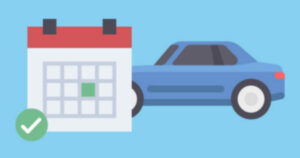
Believe it or not, timing is everything when it comes to scrapping your car. Although you might not be considering scrapping your car just yet,
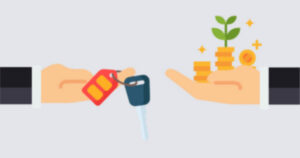
Eventually, the day will come when repairing your car is more than your car is actually worth. So what do you do? You could keep

Is your car on its last legs? Have you had enough of paying out for its repairs? If you’ve reached the end of your tether
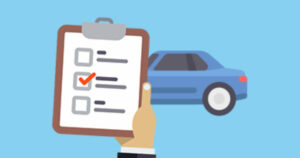
What do I need to scrap my car? There comes a point that every car may reach when it’s not practical or safe to keep

Can I scrap my car without a V5C (log book)? So have you decided to scrap your car, only to have turned the house upside
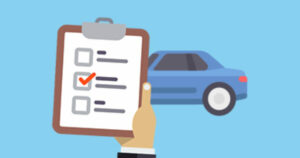
What documents do I need to scrap my car? Eventually, the time will come when a car has just had enough. It will have puffed
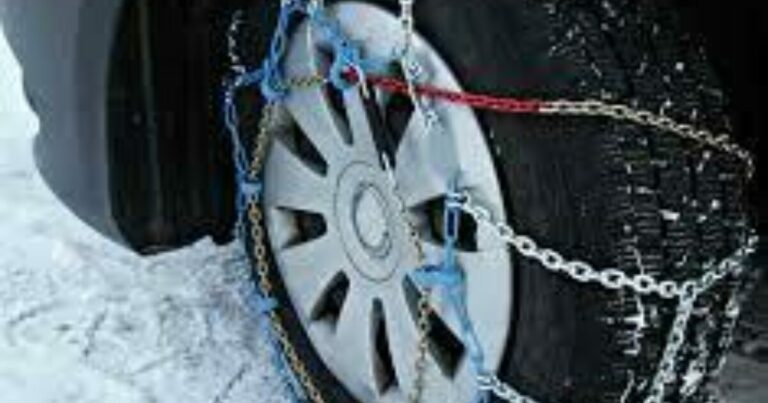
Have you ever used snow chains? If not, or you’re not even familiar with what snow chains are, we can help you with everything you need to know with our handy guide.
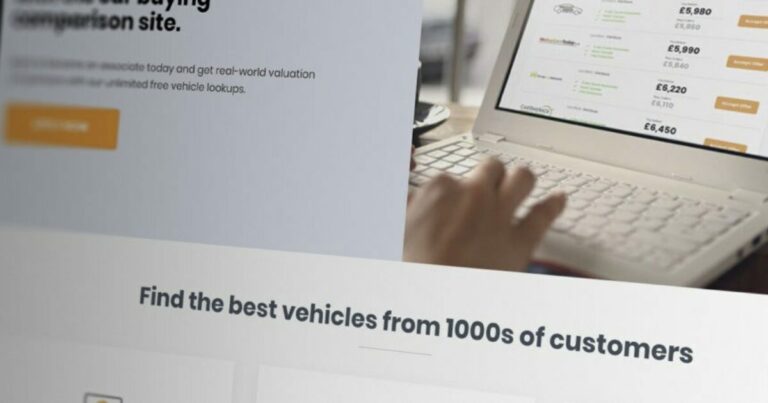
Becoming an associate is a huge deal. Discover a whole list of reasons why you should become an associate of Jamjar right here.
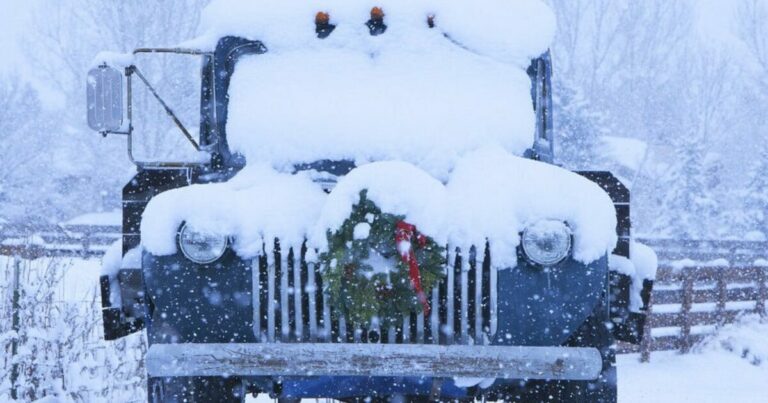
Looking for the perfect Christmas gift for your car this 2020? We’ve got a great list of festive gifts for you to browse over right here.
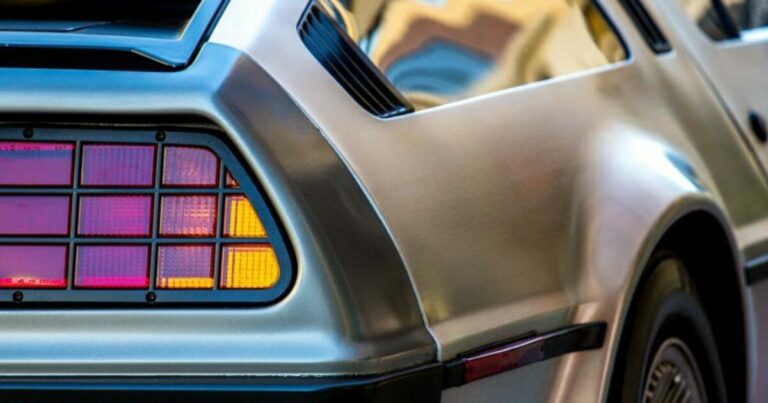
Whether you want to invest your money or just have a generic love for motors, you’ll definitely want to check out this list for our future classic cars.
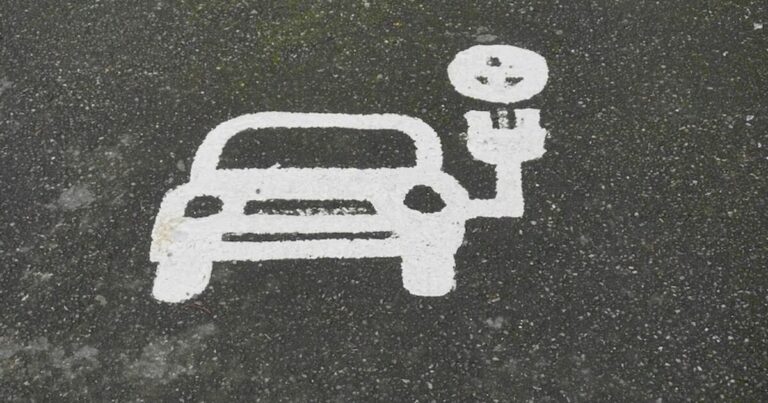
Zeekr is coming to Europe Brace yourself as Zeekr is entering Europe with a radical electric vehicle line-up this year as part of its globalisation
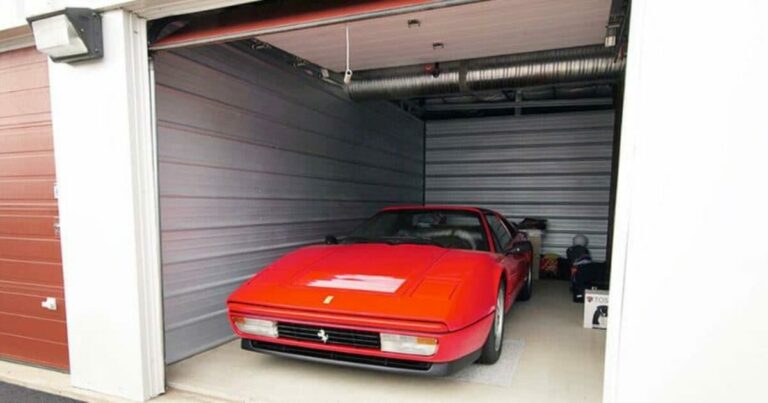
Looking to lay up your car for the long-term? Find out how you can store your car safely and keep in top condition while not in use right here.
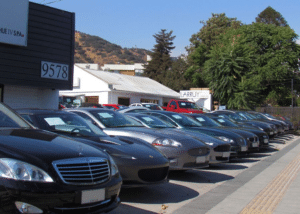
Buying your first car can be an exciting but also a daunting
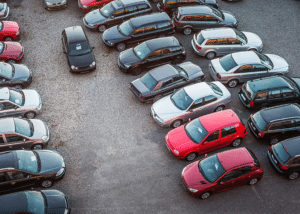
Buying a used car can be a tricky process, especially if you’re
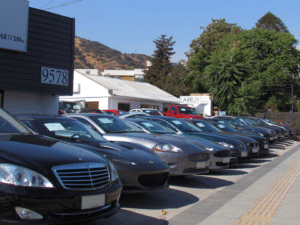
Pre-registered cars – how you can save money Did you know that
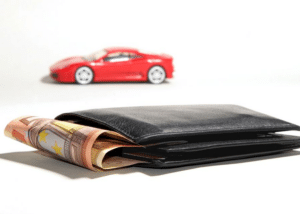
Car depreciation explained: future residual
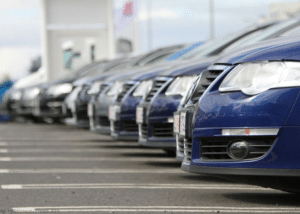
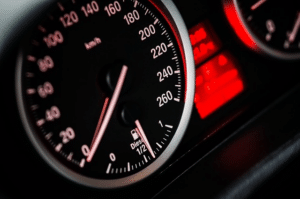
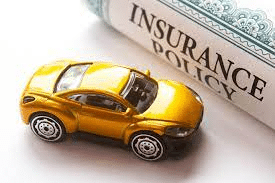
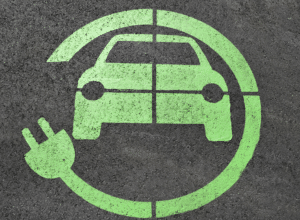
It turns out that electric vehicle drivers are willing to pay more
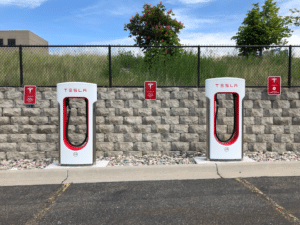
The Tesla Supercharger network is expanding fast, providing reliable rapid charging throughout
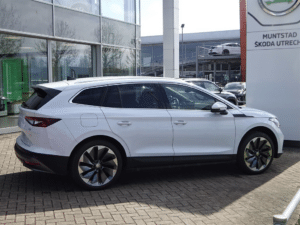
Are you and your family ready to go electric? Well there’s no
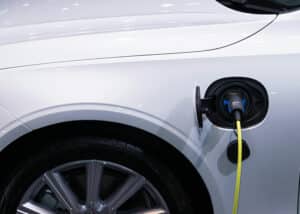
How quickly your electric car charges will depend on a variety of

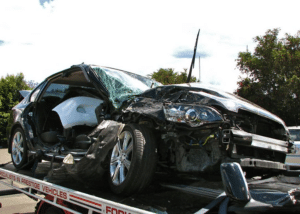
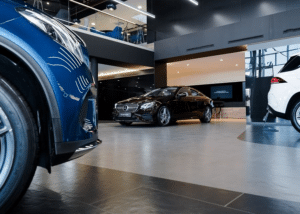
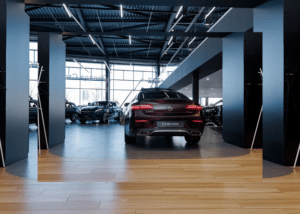

Buying a used car can

Buying a used car can be a tricky process, especially if you’re not sure about your rights and responsibilities. Depending on where and how you

Pre-registered cars – how you can save money Did you know that you can save money by buying a pre-registered car? This is because they
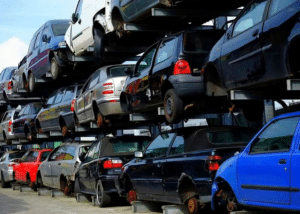
Part exchanging a car is a way of trading your old car for a new one, by offsetting the value of the original car against
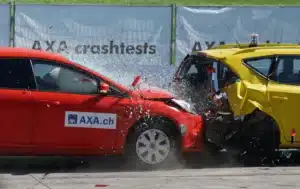
Selling A Car With Damage You might be surprised to learn that you can actually sell a car even if it has some damage to
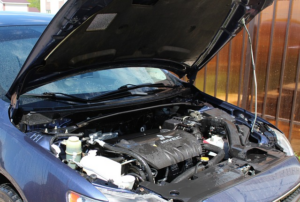
There are different ways to disconnect a car battery, but the basic steps are usually the same. Here is a summary of how to disconnect
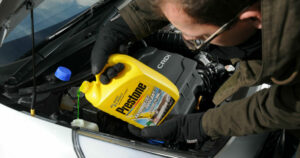
Coolant and Anti-freeze: What is the correct type for your car? Did you know that different cars require different coolants? You might be thinking it’s
The UK government has introduced a few different laws over the years that have a direct bearing on how we scrap cars. The most important one is that, if you’re responsible for scrapping the car yourself (as opposed to your insurance company handling a write off), you have to make sure the car goes to an authorised treatment facility (ATF). This is because some of the substances released during the scrapping process, like battery acid and engine oil, are harmful to the environment and potentially hazardous.
Getting your car scrapped by a non-authorised company is a criminal offence. All of the buyers who will buy your car for scrap through Jamjar are fully authorised and will provide you with a Certificate of Destruction.
Another regulation you need to be aware of is that it’s illegal to accept cash in return for your vehicle. You can accept payment, but that payment must be carried out in another way. This law was introduced to ensure that transactions are traceable and above board.
The most important document to have in your possession if you’re thinking about scrapping your car is the V5C (also known as a logbook). The document will pass to the firm that’s scrapping your car, in exchange for your Certificate of Destruction.
Read more: What documents do I need to scrap my car?
It’s essential that you inform the DVLA once you’ve scrapped your car. Failing to do so will result in you being required to continue paying road tax. Once you’ve informed them, you’ll also be refunded for any tax you’ve already paid for but no longer need.
Just because you won’t get as much money for scrapping a car as you would for selling it in better condition doesn’t mean you settle for the first price you see. The local scrapyard or the first place you land online won’t necessarily make you the best offer. Before making a decision, be sure to look at multiple different offers to work out what you can expect to receive for your car.
Jamjar makes this part of the job much easier than it could be. Enter your reg number into our scrap my car page and sit back as the quotes appear on your screen. We source the best offers we can find for your make and model from buyers around the country and present you with the full details of any quote so that you can decide which is best. Weigh up a number of factors, including the availability of collection and the location of the buyer, then simply click on the offer you’d like to take. It’s that easy.
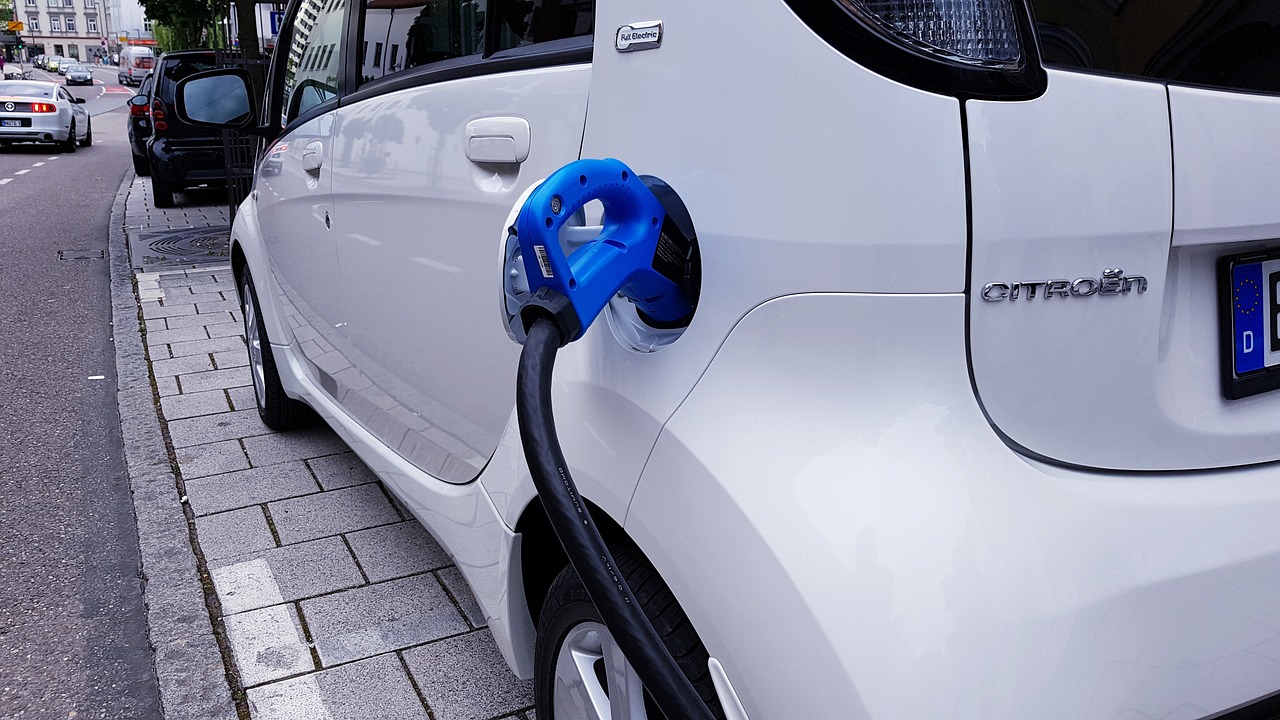
As public demand for electric cars slows, several major automakers have reconsidered their ambitious EV plans, delaying or scaling back production in response to market challenges.
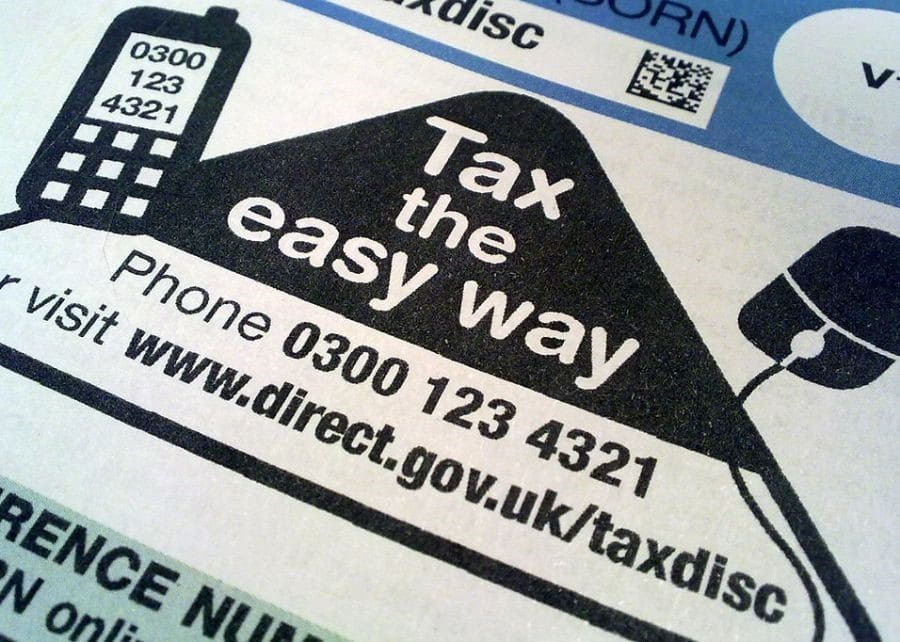
From April 2025, the UK government will implement new car taxes for electric vehicles, marking a major shift in road taxation policy. Here are the five key changes EV owners need to know.
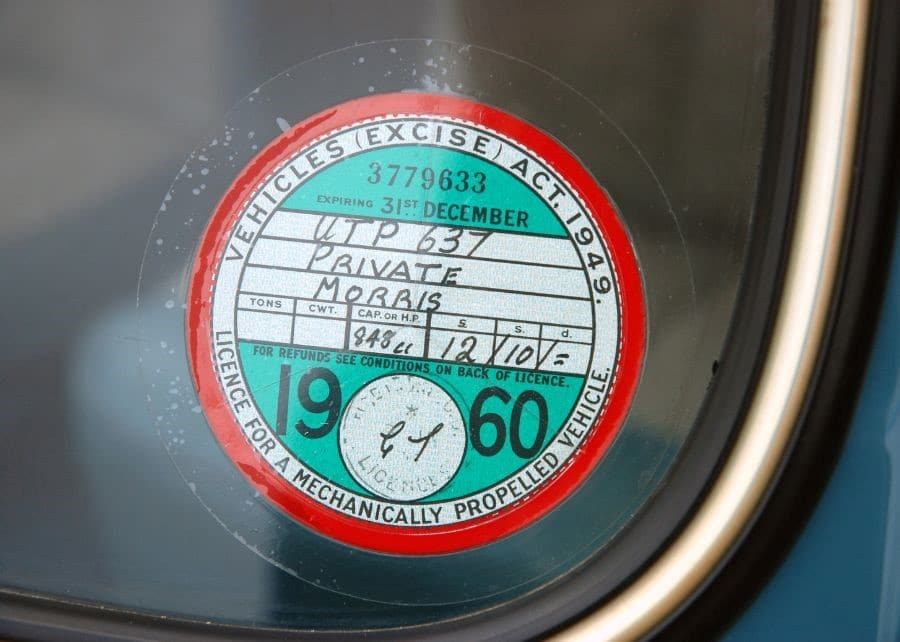
Car Tax VED Rise Hits Older Vehicles! Owners of cars registered between 1985 and 2001 will soon face higher road tax fees, as the UK government increases Vehicle Excise Duty (VED) from April 2025.
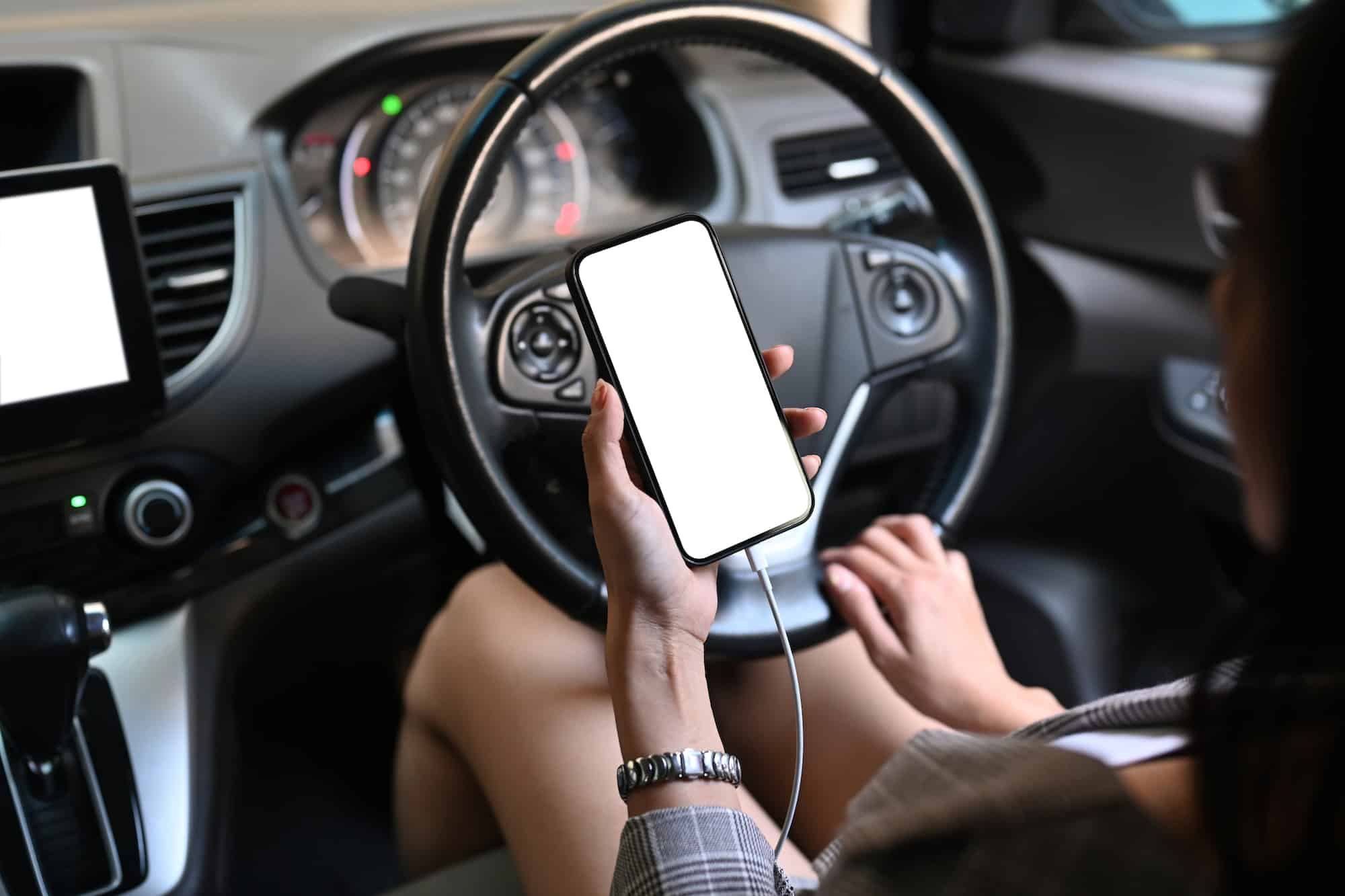
While mobile phones often take the blame for distracted driving, new research reveals that two-thirds of motorists lose focus behind the wheel due to everyday habits like talking to passengers and daydreaming—posing unexpected risks to road safety.